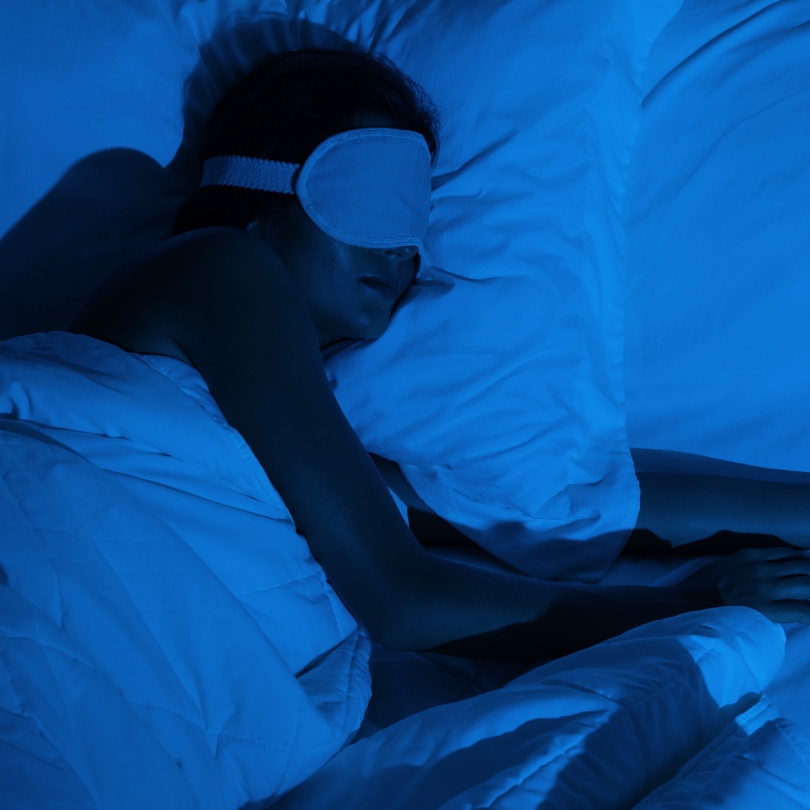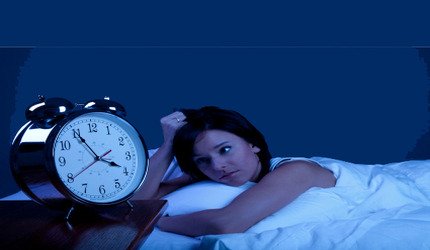Take the Body Type Quiz! Determine your type for easy weight loss.
Sleep and Weight Loss
|
Sleep and weight loss is something that is recently getting a lot of media attention, and the two are definitely related. We have many studies showing that short sleepers are more likely to be obese than those who are not sleep deprived. The average person now sleeps one or two hours less than people did 40 or 50 years ago. Around 1960 about 16 per cent of young Americans slept fewer than seven hours, now it is 37 per cent. |
 |
During a sleep study reported in the American Journal of Epidemiology, more that 68,000 U.S. women were tracked . Those who slept fewer than five hours per night were 32 per cent more likely to gain roughly 30 pounds over the next 16 years, than those who slept for at least seven hours a night. ¹

If you are not getting enough sleep, chances are you are eating more and you are experiencing more hunger.
It's essential to know that some body types (like the Gonad Type) need more sleep than the others.
A study showed that when volunteers were allowed only four hours of sleep in a laboratory, compared to those who were allowed to sleep eight hours, there was an increase in ghrelin (a hormone that increases appetite) and less leptin, (the hormone that decreases appetite.) The more that these hormones changed the more that the subjects felt hungry. ²
|
Kristen Knutson, an assistant professor of medicine at the University of Chicago in Illinois, performed some of these studies. She found that the reason why the levels of hormones changed with sleep deprivation was that it was associated with increased sympathetic nerve activity or our flight or fight response. So in turn it is very important to reduce stress for weight loss.
|
 |
Another correlation between sleep and weight is that when our sleep rhythms are upset, for example, people that work shift work and work the over night shift, tend to gain weight more easily.
Everything has a rhythm. When we disturb the body's natural circadian sleep rhythm we upset the body's natural cycles. The body can no longer figure out if it is time to digest, rest, eliminate toxins, etc. Weight gain happens more easily.
For sleep and weight loss, ensure that you get enough sleep. Most adults need 7 to 8 hours a night. (School aged children at least 9 hours.) Stick to a routine as much as possible, getting to sleep at the same time every night.
Sleep is on of the 7 pillars of Success that we focus on in my amazing Bodytypology Membership!
References:
1. American Journal of Epidemiology, 160:977, 2004
2. Nutrition Action Healthletter, Center for Science in the Public Interest, January/ February 2011, p 3, 4.
3. American Journal of clinical Nutrition 91: 1550, 2010 and the Journal of Endocrinology and Metabolism, 95:2963, 2010.
